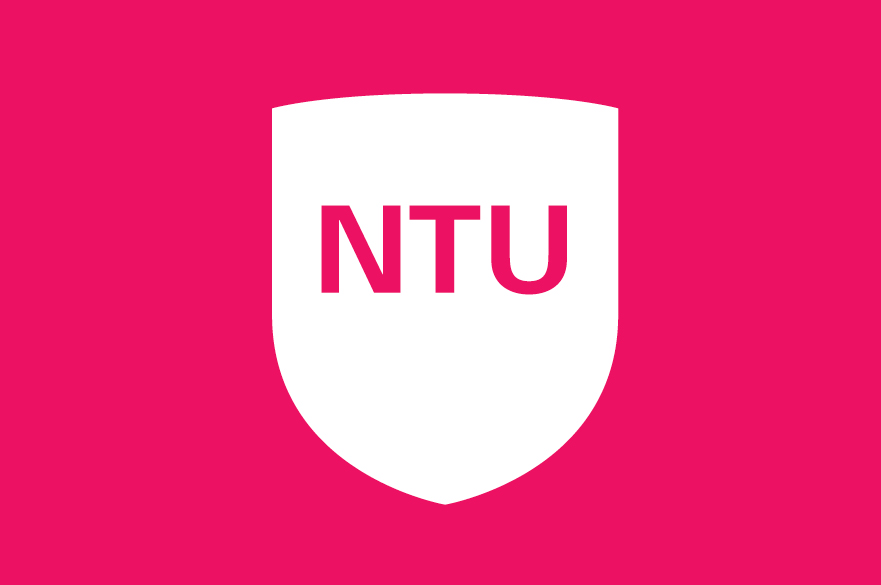Overview
The global business landscape continues to evolve rapidly, driven by challenges such as the COVID-19 pandemic, geopolitical tensions, and climate change. During the pandemic, many transportation companies prioritised the movement of essential commodities like food, medicine, and clothing. While these efforts ensured the survival of communities worldwide, they also highlighted trade-offs between operational demands and sustainability objectives. For instance, the widespread use of disposable face masks and gloves significantly increased plastic waste, creating new challenges for local authorities. As we look to the future, there is an urgent need for innovative approaches to reduce waste sustainably, even during crises, to meet long-term environmental goals. Developing resilience against risks such as pandemics, climate-related disasters, or economic disruptions is essential for safeguarding both societies and businesses.
Beyond the immediate impacts of the pandemic, businesses face ongoing challenges in restarting and reconfiguring their supply chains. Global supply chains continue to grapple with disruptions, demand fluctuations, and strategic diversification needs. Achieving sustainability targets—such as waste reduction and carbon neutrality—has become increasingly complex in an international context, particularly when cultural diversity and inter-organisational relationships come into play. The interplay of cultural differences among supply chain partners often influences the effectiveness, productivity, and consistency of global supply chain operations, yet research on these dynamics remains limited.
This research opportunity invites individuals to address these pressing challenges. Candidates are encouraged to develop resilient models that prioritise environmental protection and waste reduction while accounting for differences in supply chain operations. From a strategy process perspective, researchers can explore the mechanisms of multicultural cooperation, focusing on building and managing effective partnerships. Additionally, this research can examine how to refine criteria for business model renewal and derive competitive advantages in a sustainable and culturally inclusive way. Specific areas of focus may include integrating waste reduction practices into business models across sectors such as plastics, food, and textiles, with the ultimate aim of contributing to global sustainability goals.
Staff profiles
Entry qualifications
UK: Successful applicants for the PhD in Nottingham Business School normally hold a first or upper second-class honours degree from a UK university or an equivalent qualification. Candidates with a lower second-class degree may apply if they hold a Master’s degree at Merit level or higher.
International: Successful applicants for the PhD in Nottingham Business School normally hold a first or upper second-class honours degree from a UK university or an equivalent qualification. Candidates with a lower second-class degree may apply if they hold a Master’s degree at Merit level or higher.
International students will also need to meet the English language requirements - IELTS 6.5 (with minimum sub-scores of 6.0). Applicants who have taken a higher degree at a UK university are normally exempt from the English language requirements. Applicants who do not meet the English language proficiency requirement will normally be asked to complete an English Language course.
How to apply
Applications for October 2025 intake closes on 1st July 2025 and applications for Jan 2026 intake closes on 1st October 2025. Please visit our how to apply page for a step-by-step guide and make an application.
Fees and funding
This is a self-funded PhD project for UK and International applicants.
Guidance and support
For more information about the NBS PhD Programme, including entry requirements and application process, please visit: https://www.ntu.ac.uk/course/nottingham-business-school/res/this-year/research-degrees-in-business
Nottingham Business School is triple crown accredited with EQUIS, AACSB and AMBA – the highest international benchmarks for business education. It has also been ranked by the Financial Times for its Executive Education programmes in 2023 and 2024. NBS is one of only 47 global business schools recognised as a PRME Champion, and held up as an exemplar by the United Nations of Principles of Responsible Management Education (PRME).
Its purpose is to provide research and education that combines academic excellence with positive impact on people, business and society. As a world leader in experiential learning and personalisation, joining NBS as a researcher is an opportunity to achieve your potential.
